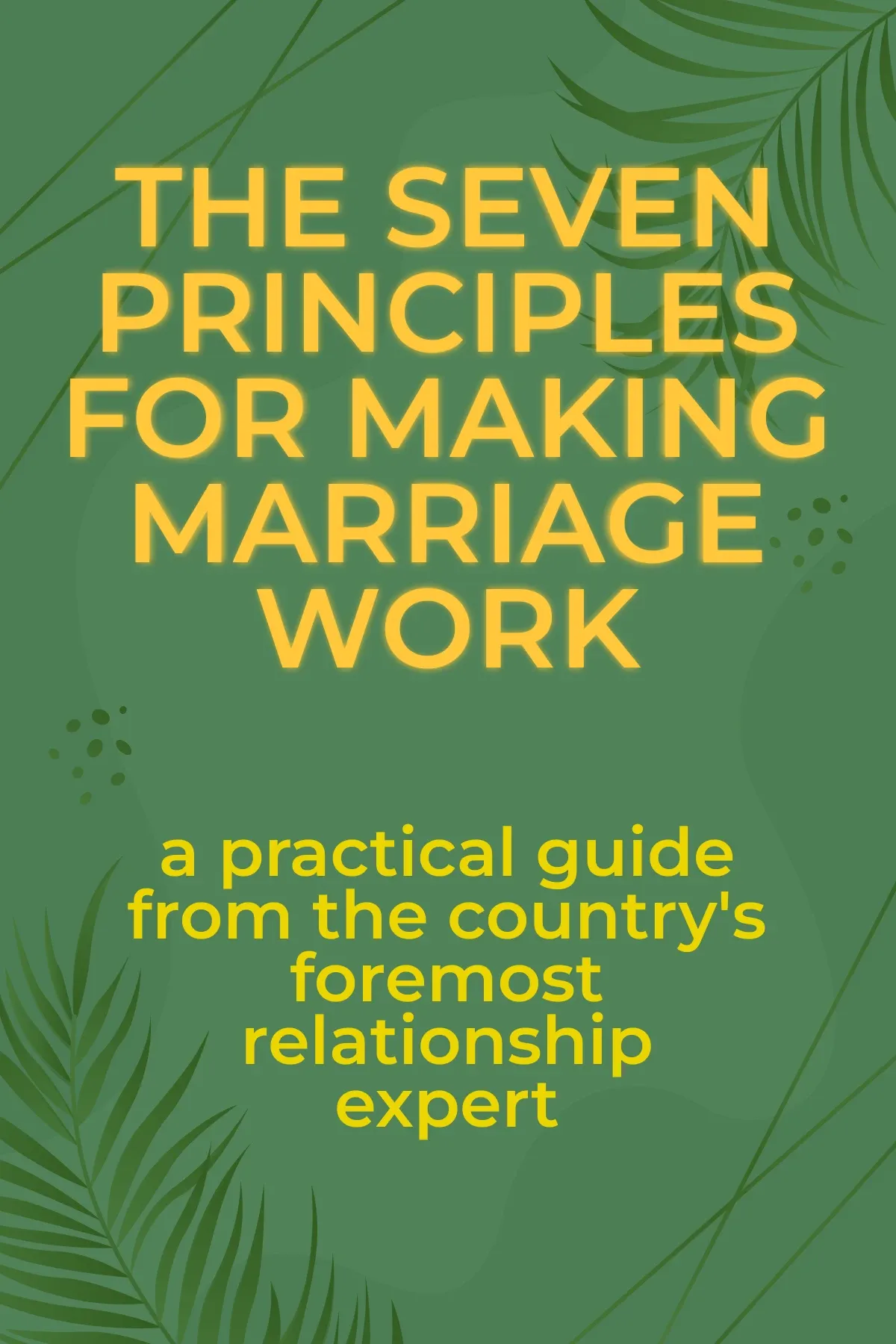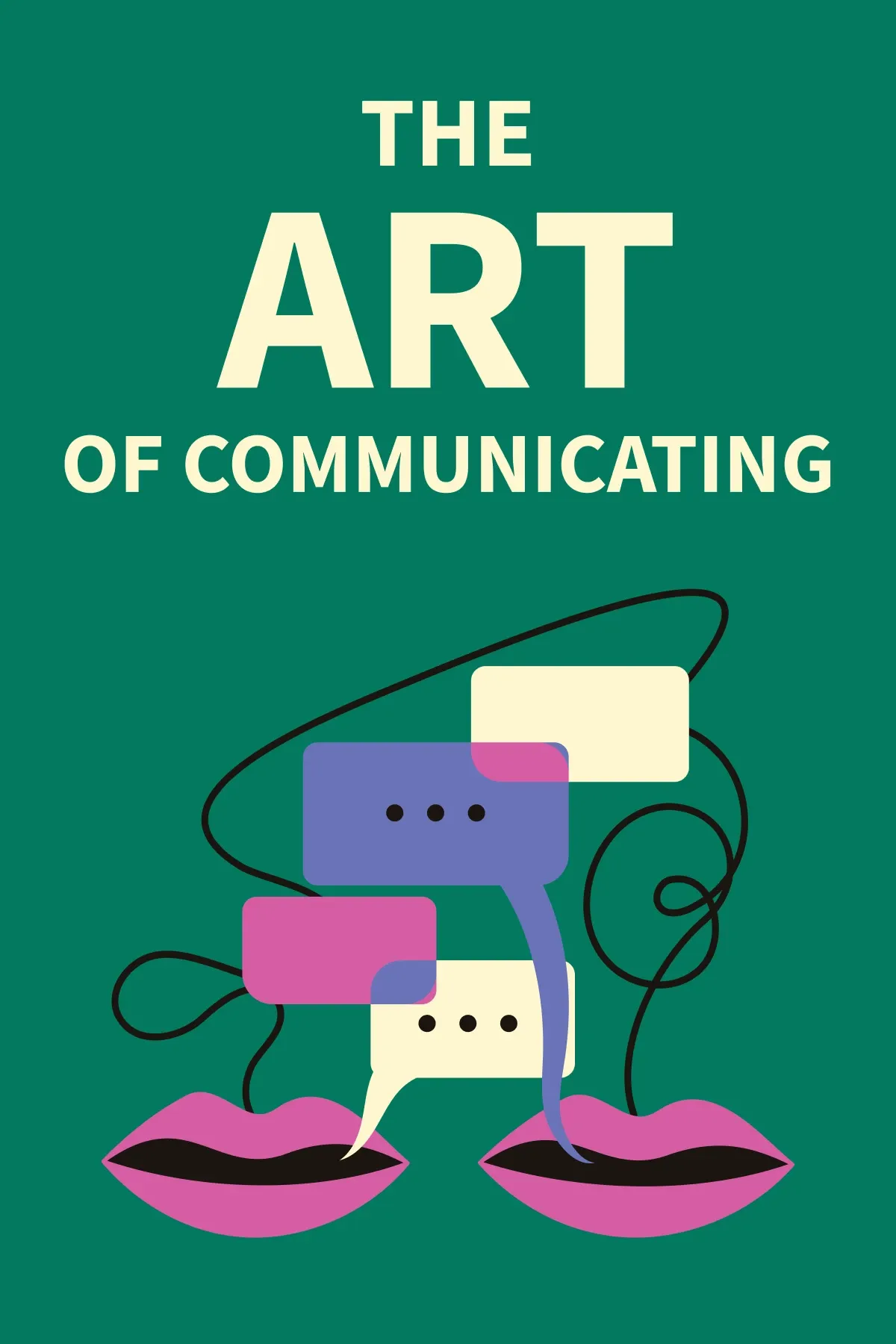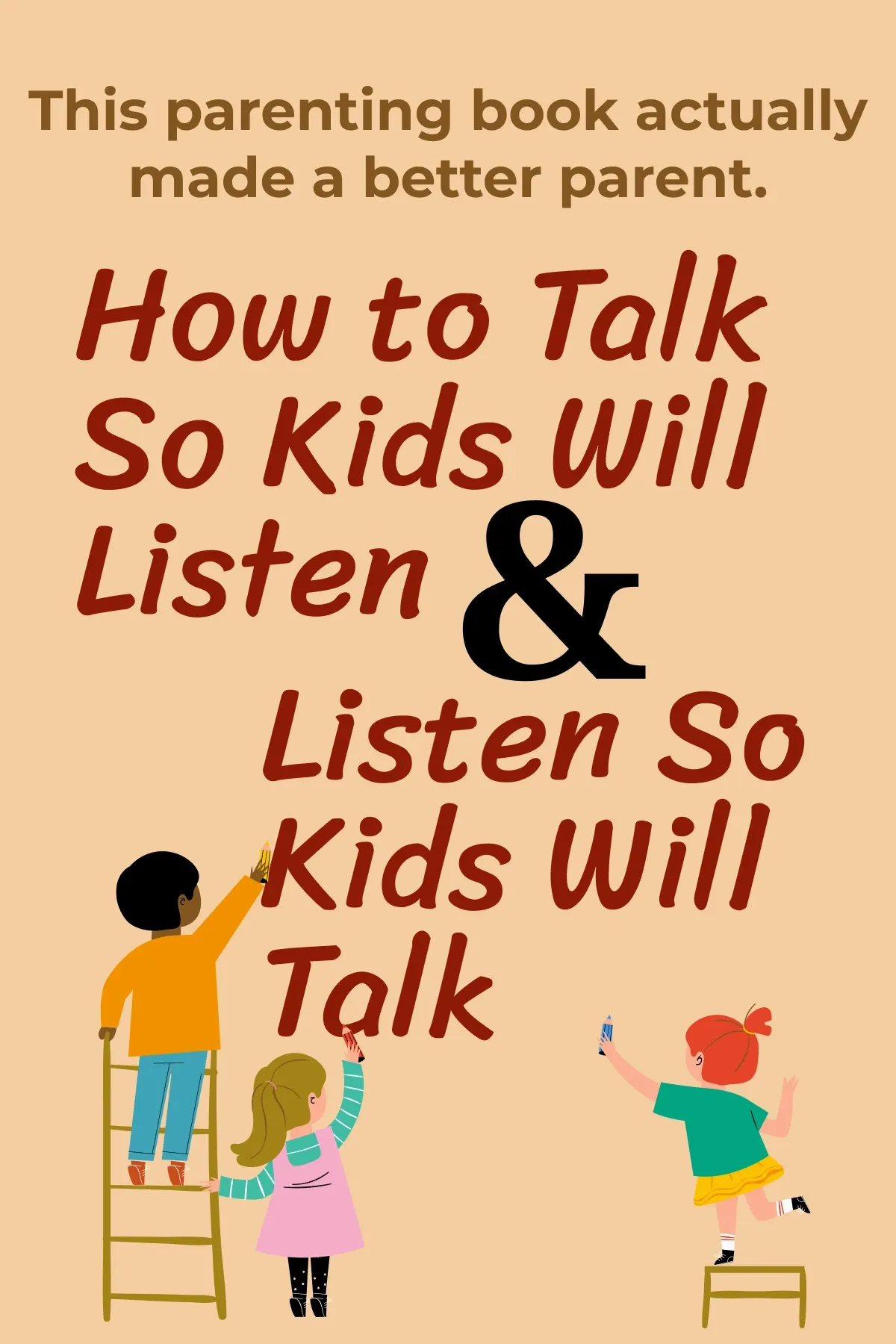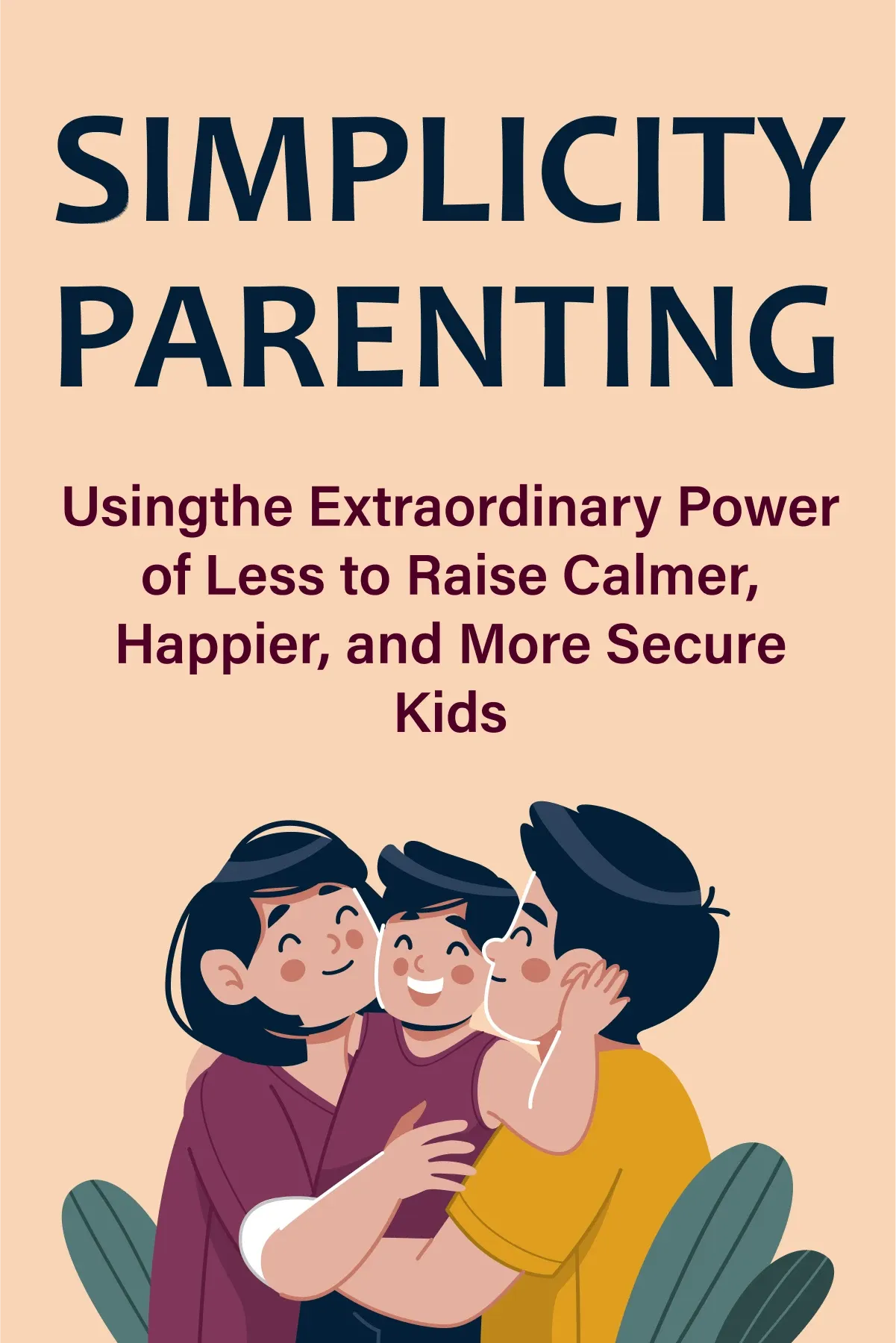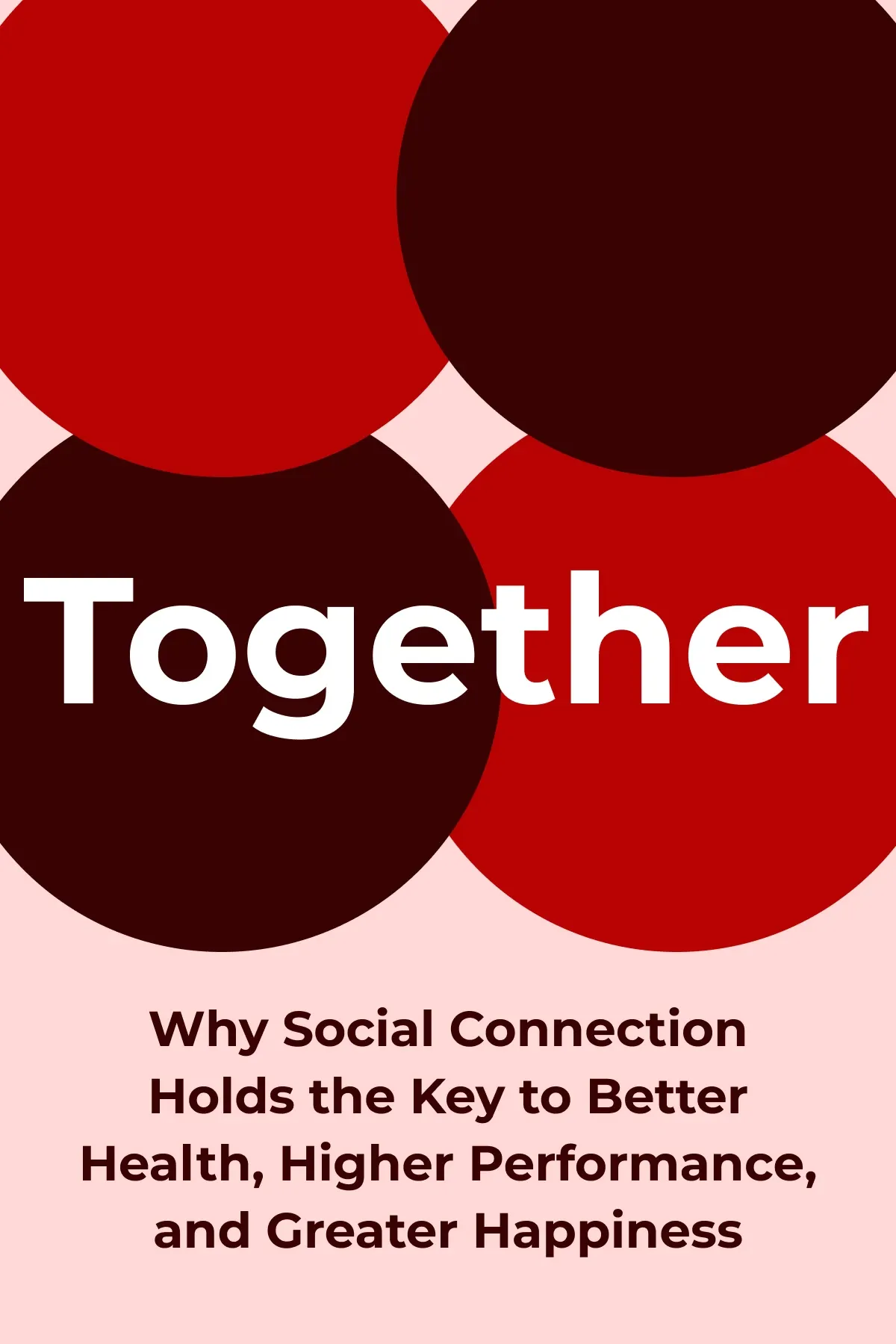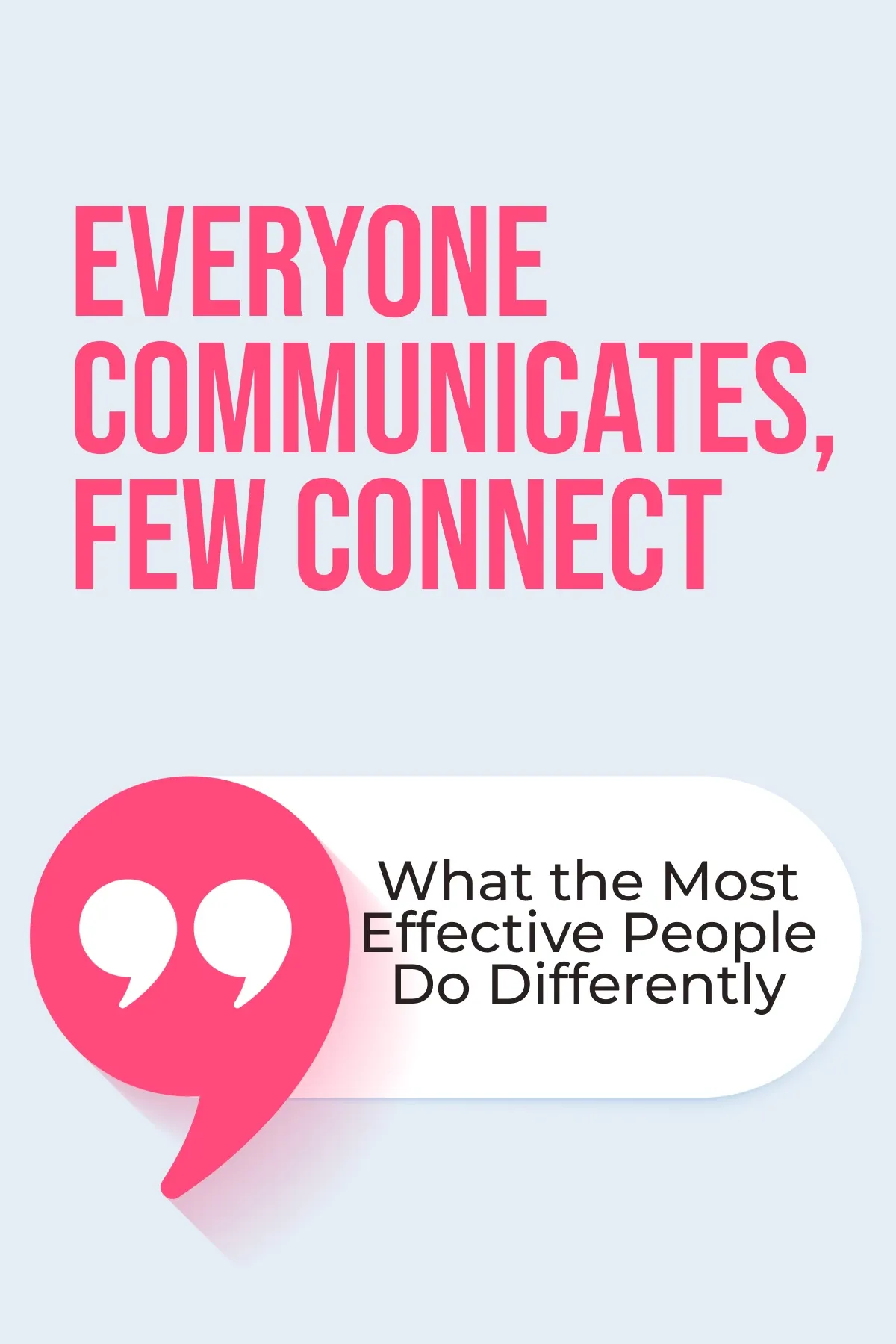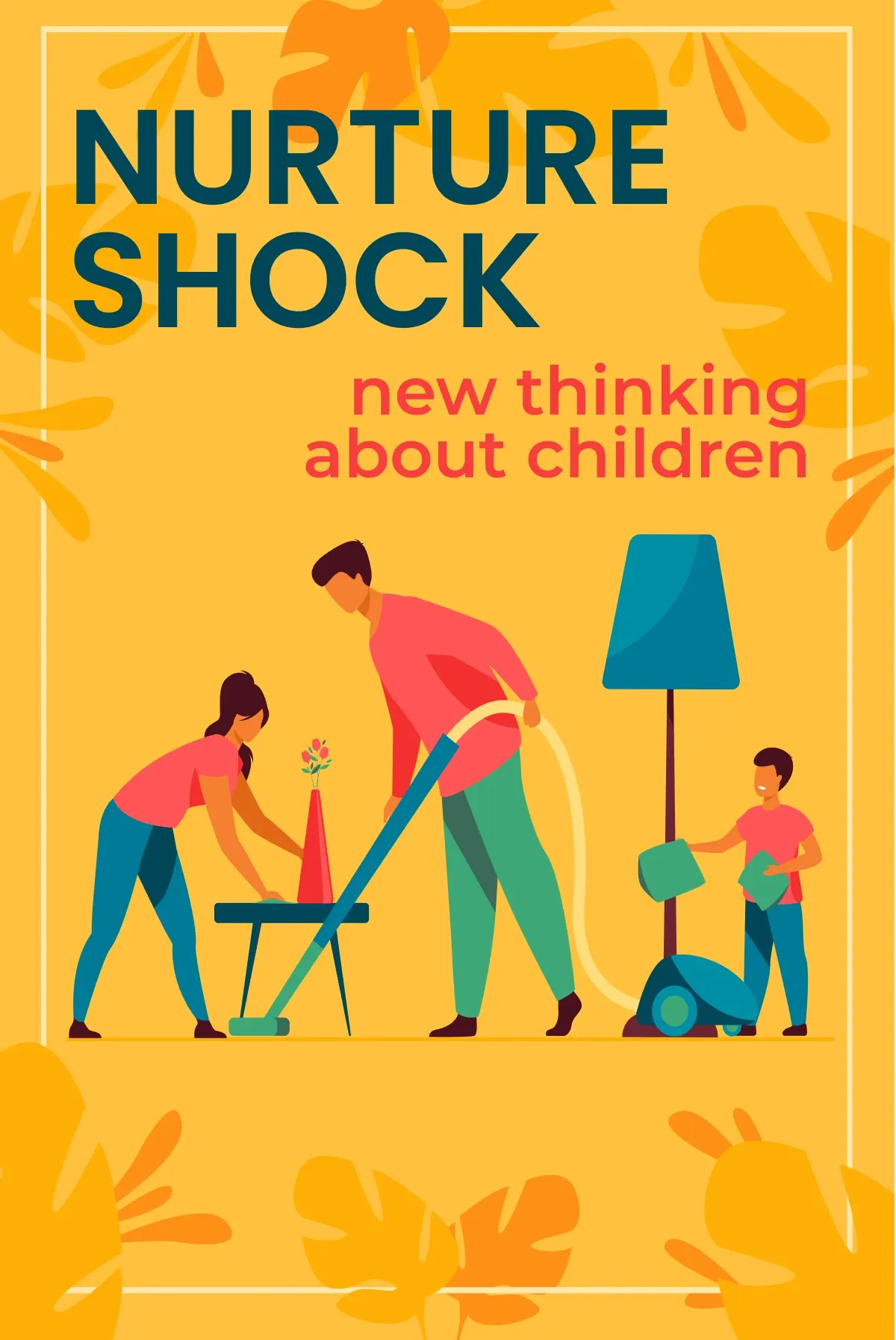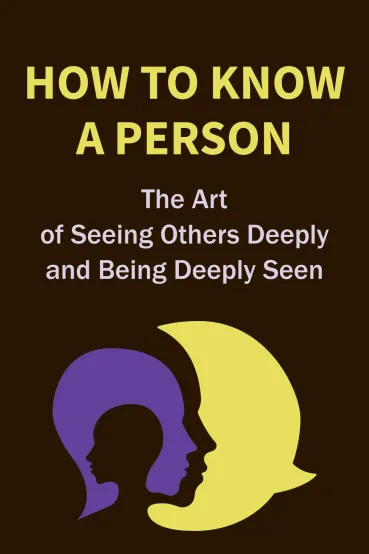
How to Know a Person
Brief Summary
“How to Know a Person” by David Brooks advises on how to understand individuals, their personalities and behaviors through different psychological aspects. You’ll learn how to develop empathy, foster interpersonal relations, and build stronger connections with others. This book will help you learn how to appreciate the diversity of personalities and how to enhance your overall well-being.
Key points
Key idea 1 of 9
Try to answer two essential questions. What is the most important thing for a person as a social being? What vital skills do we learn at school? Ideally, the answers to these questions should overlap. But it is unlikely that you will answer the second question as you would the first: communication skills and the ability to make friends. This is the dissonance of our society – we don't learn what we need to meet all of life's requirements.
To build genuine, lasting relationships, you must learn to contribute to them. Friendship is also a job that requires dedication. That's why the first step is to prioritize your relationships. Even if difficulties arise, you should not exacerbate the problem but solve it. To do this, you need to be able to hear, not just listen, to convey your position correctly, and to stop speaking in time. But all this is useless if we do not try to put ourselves in the other person's shoes because the key to strong relationships is understanding the other person's feelings.
When we feel indifference from others, we seem to lose the meaning of existence. This is noticeable in all areas of life. A 2021 McKinsey study exploring why employees quit their jobs found that a lack of self-worth could drive people to resign. The assumption was that financial factors were the primary cause. However, the study revealed that employees' emotional needs were a significant factor. They felt undervalued and disconnected from their teams.
We often struggle to objectively evaluate all of our virtues and strengths. Therefore, respect and recognition from others can change how we look at ourselves and the world around us. It's also worth remembering that the great democratic societies we live in are built on simple communication. Therefore, the resources we receive and share are key to the successful functioning of these societies.
FAQ
You may also like these summaries


